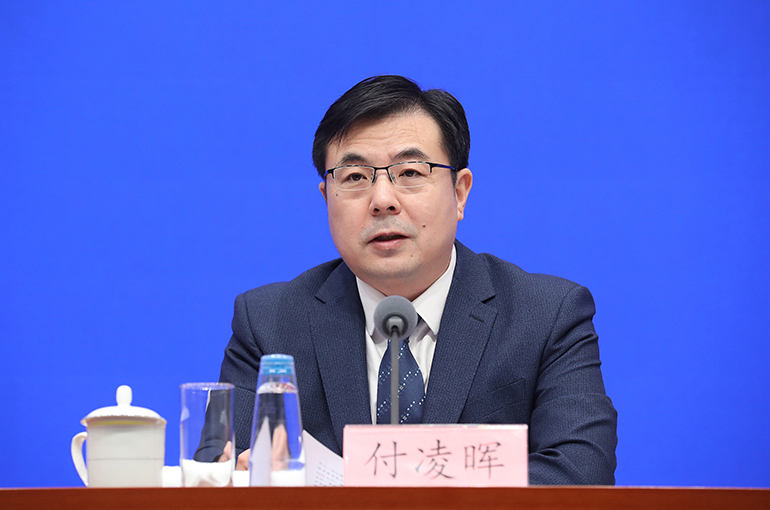 China Sees Stable Growth Ahead Despite Slower Industrial Output in August
China Sees Stable Growth Ahead Despite Slower Industrial Output in August(Yicai) Sept. 15 -- China’s economy is expected to maintain steady growth in the third quarter despite weaker industrial and investment data in August, according to the National Bureau of Statistics.
Despite the complex global environment and domestic challenges, China’s economy retains a solid foundation, multiple advantages, and strong resilience, NBS spokesperson Fu Linghui said today. With new growth drivers emerging and macroeconomic policy support continuing, the economy is expected to sustain stable expansion, he added.
The value added of large industrial firms rose 5.2 percent year-on-year in August, easing from July’s 5.7 percent increase, per the NBS. Retail sales climbed 3.4 percent, down 0.3 percentage point from the previous month. Fixed-asset investment grew 0.5 percent in the January-to-August period, slowing from 1.6 percent in the first seven months.
Wang Qing, chief macroeconomic analyst at Golden Credit Rating International, said downward pressure on exports will become increasingly evident, while efforts to boost consumption and expand investment will likely intensify. Wang added that industrial production growth may continue to weaken, citing softer external demand and the impact of so-called “anti-involution” measures aimed at curbing unproductive competition.
From the demand side, Fu said consumer spending remained broadly stable in August, with services showing resilience and emerging consumption categories continuing to grow. The overall expansion trend has not changed, he said, though household purchasing power and confidence still need strengthening.
Fu noted that the next stage of policy should focus on targeted actions to stimulate consumption, create jobs, raise incomes, improve the consumer environment, and increase the supply of quality goods and services.
Wu Chaoming, chief economist at Hunan Chasing Financial Holdings, told Yicai that recent policy moves -- including childcare subsidies, interest support for personal loans, and financing relief for service industries -- together with the wealth effect of the stock market rebound, will play an important role in supporting consumer demand.
On investment, Wang said infrastructure is likely to accelerate as tariffs in the US and weakening global demand weigh on exports, which could post negative growth in the fourth quarter. Infrastructure will act as a “stabilizer” for the economy, with annual growth in the sector expected to reach around 5 percent, 0.6 percentage point higher than last year, he added.
From January to August, infrastructure investment rose 2 percent year-on-year, slowing from 3.2 percent in the first seven months, NBS data showed.
Editor: Emmi Laine